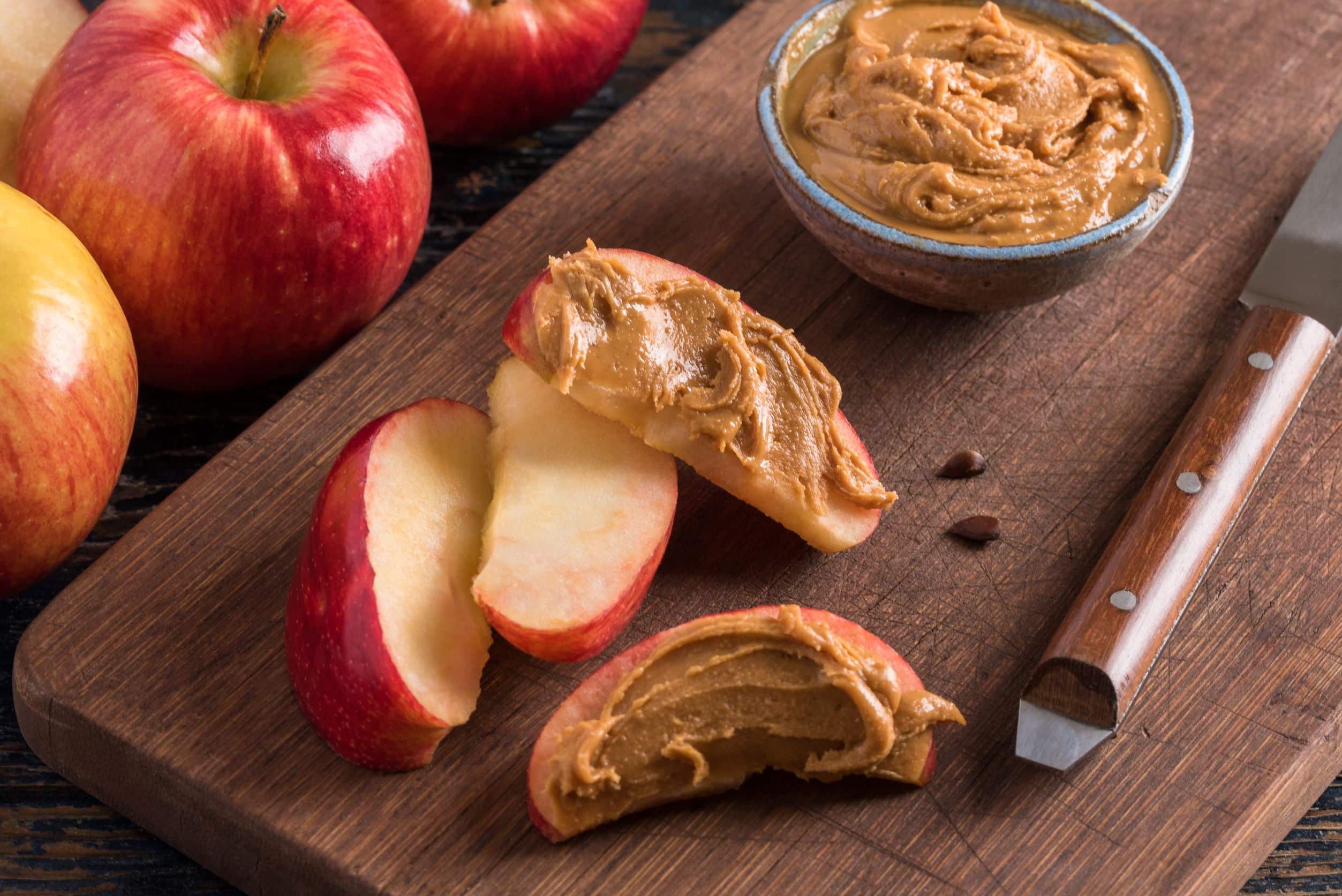Unveiling the History of Natural Peanut Butter

Natural peanut butter, with its pure and wholesome ingredients, has a compelling history that traces back to the early days of peanut butter production. From its humble origins as a homemade staple to its resurgence as a sought-after health food product, the story of natural peanut butter reflects shifting consumer preferences and the enduring appeal of simple, unadulterated foods.
Early Origins: The origins of natural peanut butter can be traced back to the late 19th century, when peanut butter was first introduced as a nutritious and affordable food option. Early peanut butter recipes typically consisted of ground peanuts and salt, without the addition of stabilizers or preservatives.
Homemade Production: In its early days, peanut butter was often made at home using simple kitchen appliances, such as hand-cranked grinders or food processors. Home cooks experimented with different roasting techniques and grinding methods to achieve the desired consistency and flavor in their peanut butter.
Health Food Movement: The popularity of natural peanut butter surged during the health food movement of the 20th century, as consumers became more conscious of the ingredients in their food. Natural peanut butter, with its minimal ingredient list and absence of added sugars or hydrogenated oils, appealed to health-conscious individuals seeking wholesome and nutritious alternatives.
Commercialization: As consumer demand for natural peanut butter grew, food companies began to produce and market their own versions of the product. Brands such as Smucker's, Teddie, and Justin's introduced natural peanut butter spreads made from 100% peanuts, catering to a niche market of health-focused consumers.
Resurgence in Popularity: In recent years, natural peanut butter has experienced a resurgence in popularity, fueled by the clean eating movement and the desire for whole, minimally processed foods. Its simple ingredients and authentic taste have earned it a dedicated following among fitness enthusiasts, athletes, and individuals with dietary restrictions.
Nutritional Benefits: Natural peanut butter is prized for its nutritional benefits, as it is a rich source of protein, healthy fats, fiber, and essential vitamins and minerals. It is naturally gluten-free and vegan, making it suitable for a wide range of dietary preferences and restrictions.
Culinary Versatility: Natural peanut butter is not only enjoyed as a spread but also used as a versatile ingredient in cooking and baking. It adds depth and richness to recipes for sauces, smoothies, desserts, and savory dishes, enhancing their flavor and texture with its nutty goodness.
Conclusion: From its humble beginnings to its current status as a beloved health food product, natural peanut butter has remained a staple in kitchens and pantries around the world. Its rich history, nutritional benefits, and versatile uses ensure that it will continue to be cherished by generations to come.
- Hits: 34